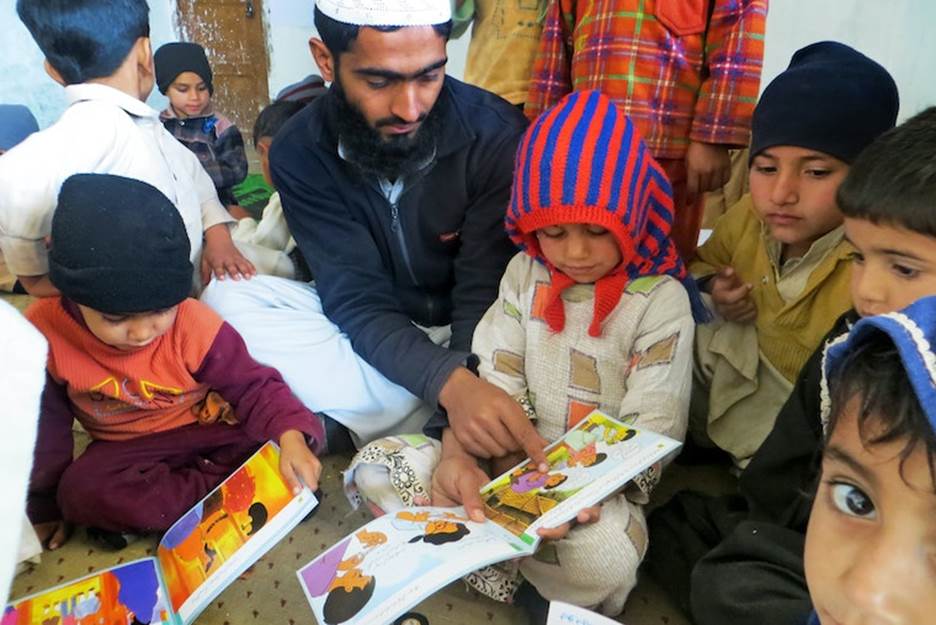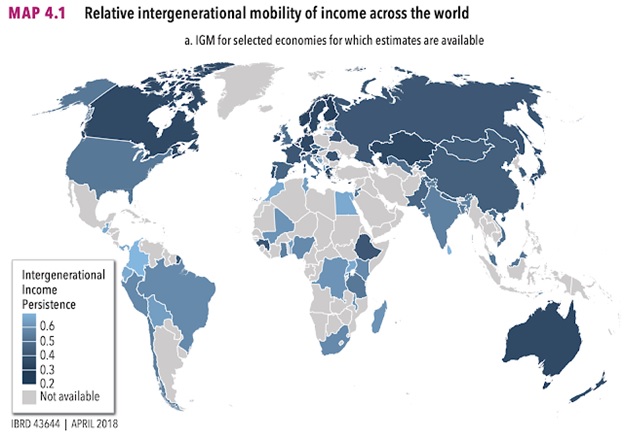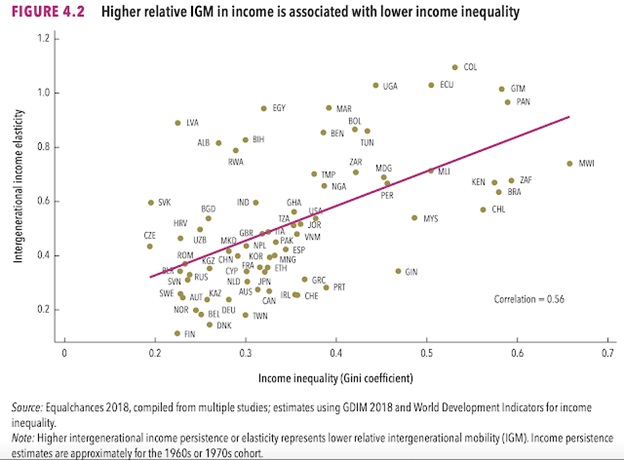
Nearly two-thirds (65%) of Pakistanis say they live better than their parents did. And 69% of Pakistani parents think their children will have better lives than they do - Picture courtesy Open Society Foundations
Pakistanis Remain Hopeful amid Crises: 69% Think Their Children Will Do Better
By Riaz Haq
CA

Pakistan is in the center of multiple serious crises. But the vast majority of Pakistanis feel that they have better lives than their parents did, and they think their children will have even better lives than theirs, according to a Gallup International Poll of 64 countries conducted from August to October last year.
The poll asked two questions: 1) Do you feel your life is better, worse or roughly similar to that of your parents? and 2) Do you think your children will have a better, worse or roughly the same life as you?
The answers to these questions reveal that Pakistanis are among the top five most positive nations among 64 countries polled by Gallup International. Anecdotal evidence in terms of packed shopping malls and restaurants in Pakistan's major cities confirms it. Such positivity augurs well for Pakistan's prospects of successfully dealing with the current crises.
Pakistanis among the Most Optimistic
Nearly two-thirds (65%) of Pakistanis say they live better than their parents did. And 69% of Pakistani parents think their children will have better lives than they do. In neighboring India , 54% of respondents feel their lives are better than their parents' while only 43% say their children will have better lives than theirs'.
The global average for the former is 51% and it is 44% for the latter. The poll results put Pakistanis among the world's five most hopeful nations in the world.
Most of the countries are positive on both questions, but if one looks for instance for countries with both above 50% positive answers, Nigeria stands out with 171 (81% positive for today plus 90% positive for tomorrow), followed by Kosovo (162), the United Arab Emirates (150), Ghana (141) and Pakistan (134), according to Gallup International.
Pakistan (69% minus 18%) is among the most positive countries. India is much less positive (43% minus 33%). Nigeria (90% minus 6%) tops the list in terms of positivity and the most negative is Slovenia (14% minus 53%).
Among the prominent countries where GIA could poll, expectations for their children’s future are highest in Nigeria, followed by Russia (52% minus 10%), Mexico (48% minus 30%) and the USA (43% minus 31%).
When combining the two questions, another perspective is added. For instance, Moldova shows a total of 86 (45% saying that their life is worse life than the one of their parents plus 41% expecting a worse life for today’s children), followed in this negative ranking by North Macedonia (82: 35% negative assessments plus 47% negative predictions), Afghanistan (81), Syria and Italy (78), etc.
Economic Mobility in Pakistan
Pakistanis' positive responses in the Gallup poll appear to be supported by a World Bank study . Economic mobility across generations, also known as intergenerational mobility (IGM), is a key measure of human progress. It shows that Pakistan is doing relatively well, according to a World Bank sponsored study. The analysis examines whether those born in poverty or in prosperity are destined to remain in the same economic circumstances into which they were born, and looks back over a half century at whether children’s lives are better or worse than their parents’ in different parts of the world.

Inter-Generational Income Mobility Map of the World 2018 - Source: World Bank
Intergenerational Income Mobility Study
The World Bank study uses a newly created 2018 database—the Global Database of Intergenerational Mobility (GDIM)—that covers more than 95 percent of the global population. Intergenerational income mobility measures how children's incomes compare with their parents' incomes at similar stages of life over a period of 50 years.

Inter-Generational Income Inequality Scatter Plot of the World 2018 - Source: World Bank
The study found that higher intergenerational income mobility is associated with lower income inequality.
Inclusive Development
More and more Pakistanis are sharing their nation's development, according to the World Economic Forum (WEF). Pakistan ranks 47 among 74 emerging economies ranked for inclusive development by the WEF released report at Davos, Switzerland. Inclusive development in the South Asian country has increased 7.56% over the last five years. The World Economic Forum assesses inclusive development based on "living standards, environmental sustainability and protection of future generations from further indebtedness."
(Riaz Haq is a Silicon Valley-based Pakistani-American analyst and writer. He blogs at www.riazhaq.com )

